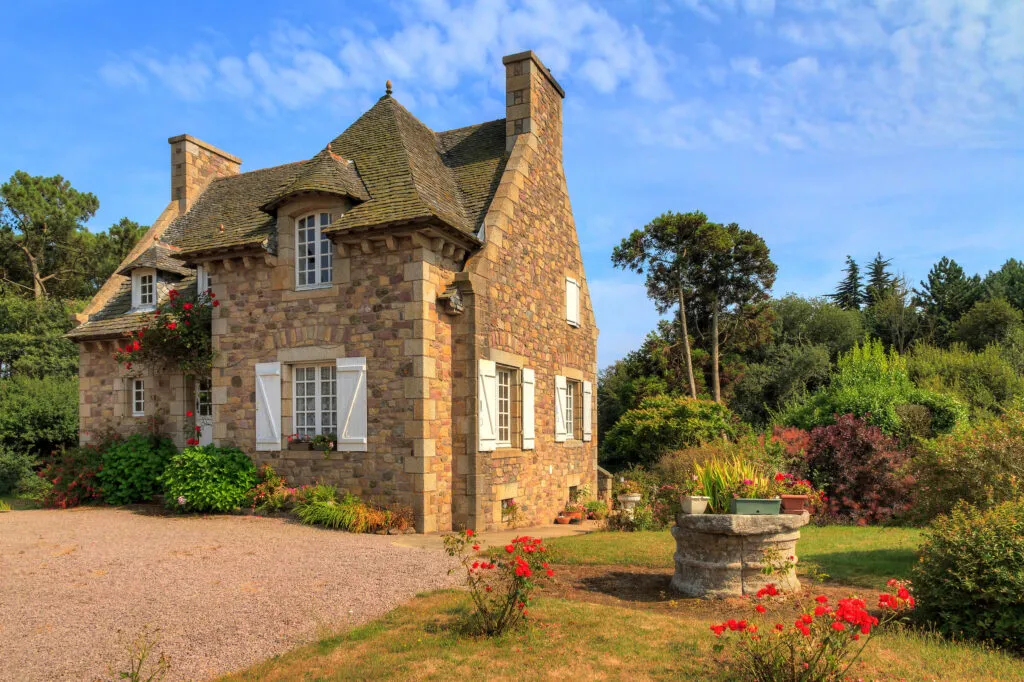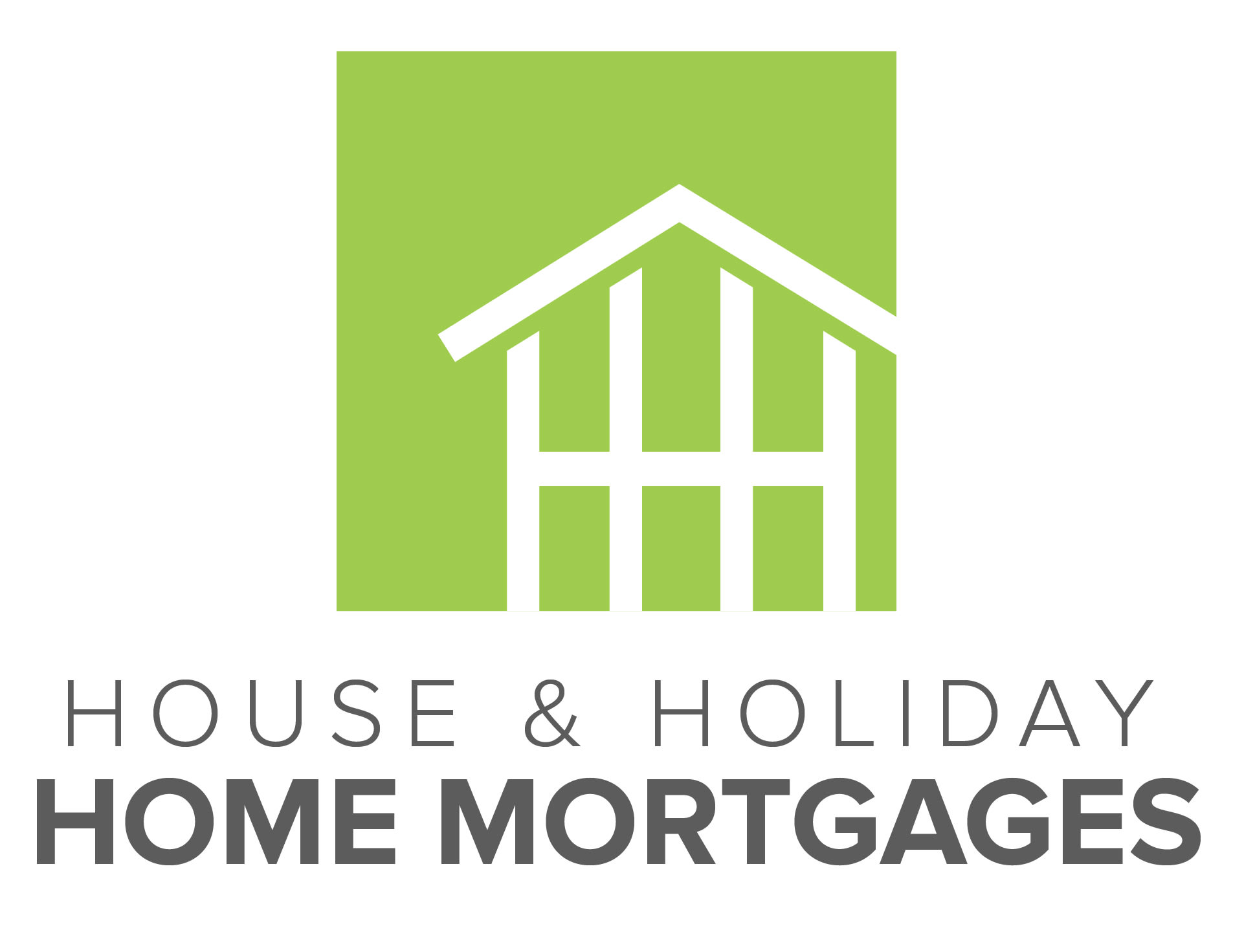How does a holiday let mortgage work?

Owning a holiday home that you let out to guests can often be a lucrative venture.
You can generate a nice additional revenue stream from the rental income while investing in an asset that you can sell later to top up your retirement fund.
However, investing in a holiday let is a big financial decision to take, and one which requires careful planning to ensure you don’t get stung.
One of the main things you’ll need to get right is the mortgage. Rules and regulations apply to holiday let properties, which means you’ll need the right type of mortgage.
Here, we take a closer look at what holiday let mortgages are, how they work, and how to find the right one for you.
Holiday home vs holiday let mortgages
If you’re thinking of buying a holiday home, how you plan to use the property will determine the type of mortgage you need.
If you’re going to use it exclusively as a second home for you, your friends, family or other guests to use without charge, then a holiday home mortgage will suffice. These are like the mortgages you can get on residential second homes, and you can find out more about holiday home mortgages here.
However, if you plan to rent out the property as a furnished holiday let, you’ll need a holiday let mortgage.
Holiday let mortgages work similarly to standard buy to let mortgages and are designed to help people buy holiday properties that will be let on a short-term – rather than ongoing – basis.
A holiday let mortgage will enable you to buy a holiday home that you can let out to other people to generate income, but also enjoy it yourself when it’s not in use by paying guests.
Holiday let properties present more of a risk to mortgage lenders, so their criteria are much stricter.
How do holiday let mortgages work?
As with any type of mortgage, the lender will want to be sure you can afford the repayments, especially if your financial circumstances were to change suddenly.
They will look at your income and other financial commitments, such as the mortgage on your main home, if you have one, and any other loans and debts you’re still repaying.
They’ll also consider the income-generating potential of the holiday let property in question.
While the criteria for holiday let mortgages vary from lender to lender, most will look for a deposit of at least 25% of the property’s value. They’ll look for potential rental income of anything between 125% and 145% of the interest payable on the mortgage, and an existing minimum income of between £20,000 and £40,000 , in addition to any rental income the holiday let property may generate. There are, however, some mortgages available with no minimum income requirements.
Most lenders will also usually require you to be a homeowner.
A key point the lender will look at is whether you could continue to repay the holiday let mortgage if the property remained unlet for long periods. So, demonstrating you have enough spare income—or enough savings to cover 3-6 months of repayments – to pay the mortgage even when the property is unoccupied will help ensure your application is approved.
While holiday let mortgages have grown in popularity, they are still a niche product. So, it’s always advisable to get some expert advice from a mortgage professional with expertise in the holiday let market to help you find the best deal and support your application.
While you can access some holiday let mortgage deals direct, many lenders require you to work with an intermediary, such as a specialist mortgage broker.
There are also several tax implications to consider when owning a holiday let property.
You may be eligible for Capital Gains Tax relief and capital allowances for furniture, equipment, and fixtures in a furnished holiday let property.
You may also be able to offset the total amount of mortgage interest against your rental income when calculating profits.
However, you will probably be liable for additional Stamp Duty charges on a holiday let property, which could significantly increase your costs.
As with all things tax-related, we’d recommend you seek expert advice from a tax professional before proceeding so you fully understand the implications.
What are the alternatives to a holiday let mortgage?
The holiday let mortgage marketplace is complex, and there are lots of rules and regulations to follow. If you’re planning on buying a holiday home to let out, then a cash purchase is the only other alternative to a holiday let mortgage.
This will help you avoid many of the additional costs that come with arranging a mortgage and any interest, and you can also keep all the rental income (after tax) that you generate. The downside, of course, is you need enough cash in the first place to buy the property outright.
So, chances are, you will need a holiday let mortgage. However, if you’re not planning on letting out the whole property, just a single room or an annexe, then you may be able to get a more traditional mortgage to fund this. Again, speaking to a specialist mortgage broker with knowledge of the holiday let market is essential to help you understand your options and make the right choice.
They will also be able to support your application to give it the best chance of success.
At House & Holiday Home Mortgages, our expert team has over 40 years of experience in the holiday home market.
We’re dedicated to taking the stress away from getting the right mortgage. We’ll provide honest, straightforward advice and guidance on the right way forward and help you arrange the deal that’s right for you to make your investment a holiday home as pain-free as possible.
For more information, get in touch today.

